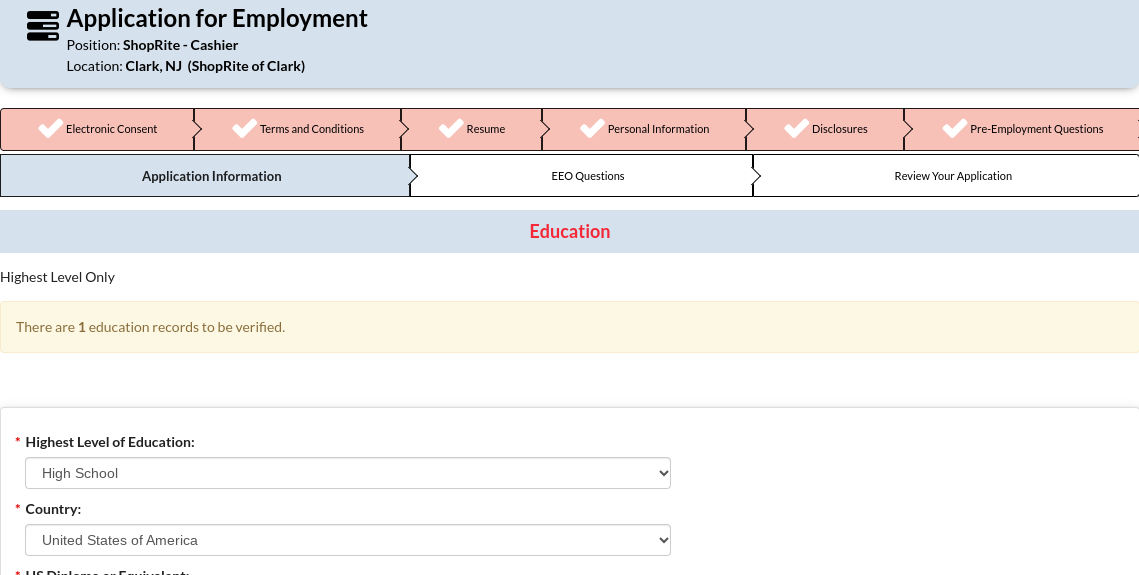Every high school upperclassman is all too familiar with the jittery nervousness, bounding pressure, and unnecessary stress that accompany taking the SATs. While high school students nationwide practice hours on end for the test that, to some extent, determines their futures, we must stop to wonder: are the SATs an indicator of intelligence? A PBS article, “What Does the SAT Really Measure?” points out that, initially, the “SAT was called the Scholastic Aptitude Test, the word ‘aptitude’ meaning that the test measured an innate ability, rather than knowledge acquired through schooling.” Today, however, “SAT” does not stand for anything, evidencing “the uncertainty that has surrounded what exactly the SAT measures.” If the SATs do not measure natural ability or intelligence, then, what do they measure? And, why are we taking them?
As originally intended, the purpose of the SATs was to differentiate a student we would today consider just “book smart” from one who has, as the PBS article characterizes it, “biological potential.” They functioned more like an IQ test as opposed to an exam given in school. However, several circumstances surrounding the nature of the SATs may prevent certain students from exhibiting their full “biological potential.” For example, we are all familiar with the explanation: some students are simply poor test takers. Even if a student is intrinsically intelligent, nerves on the test day might hinder his or her performance, resulting in a lower score. In this sense, can we say that the SATs are an accurate indicator of natural ability, even if, by design, they are meant to be? The other impediment students, who would otherwise perform very well, face is time restraints. Ultimately, accuracy is sometimes sacrificed for speed as students rush through the questions in a section to finish on time. The fact that the SATs are so stringently timed points to a possible assumption made by its administrators—that those who display natural ability are also able to work quickly. A person who works slowly and thoroughly considers each question will not receive a decent score, regardless of whether every question answered is right. Does that mean that this student displays low natural ability? The inconsistency and variability of the test, where each student responds differently, lend to its questionability as an indicator of “biological potential.”
An article in U.S. News and World Report titled “SATs Do Not Take the Full Measure of a High School Student” asserts, “Because scores generally improve with guidance and repetition, the tests have encouraged an industry of test training that takes advantage of the ambitions of students and families.” According to this assertion, the SATs are becoming increasingly mechanic—as long as a student practices enough and familiarizes himself or herself with the format of the test, he or she will score highly.
Test “training” leads to another ostensible flaw in the institution of the SATs. Students from affluent families can afford top-notch tutoring—as the U.S. News article reports, “consultants whose fees reach tens of thousands of dollars are contributing to an escalating craze”—while students from lower-income or disadvantaged families are left to their own devices. If the original purpose of the SATs as an indicator of raw intelligence was still applicable, students with fewer academic opportunities would score higher and have more opportunities regarding college admissions.
We often hear that the SAT determines your fate, your future, your success in life. While this statement is somewhat hyperbolized, colleges still place a heavy weight on SAT scores. More recently, colleges have professed to adopt what they call a “holistic approach,” where SAT requirements are not so cut-and-dry, and where colleges look at the overall impression of a student—their high school grades, extra-curricular activities, and even personality. Mount Holyoke College, Sarah Lawrence College, Smith College, and a few other pioneers have stopped requiring the SATs, and will only consider them if a student submits their scores. Is this a precedent that other schools will soon follow? Have the SATs begun to phase out?
This begs the question, then, of why SATs are still required. The fact that they are “standardized”—every student nationwide takes the same exact test on a given day, except for variations in the essay question—easily allows colleges to evaluate and compare students, even if the results do not match students’ “biological potential.” They are efficient on the whole, whereas evaluating each student uniquely is painstaking and subjective. The question of whether or not colleges wish to sacrifice accuracy for a general standard will ultimately determine the continuance of the test.
Whether students like it or not, the SATs are here for now. And as long as they are here, so is the sweat, stress, studying, and even occasional tears.










